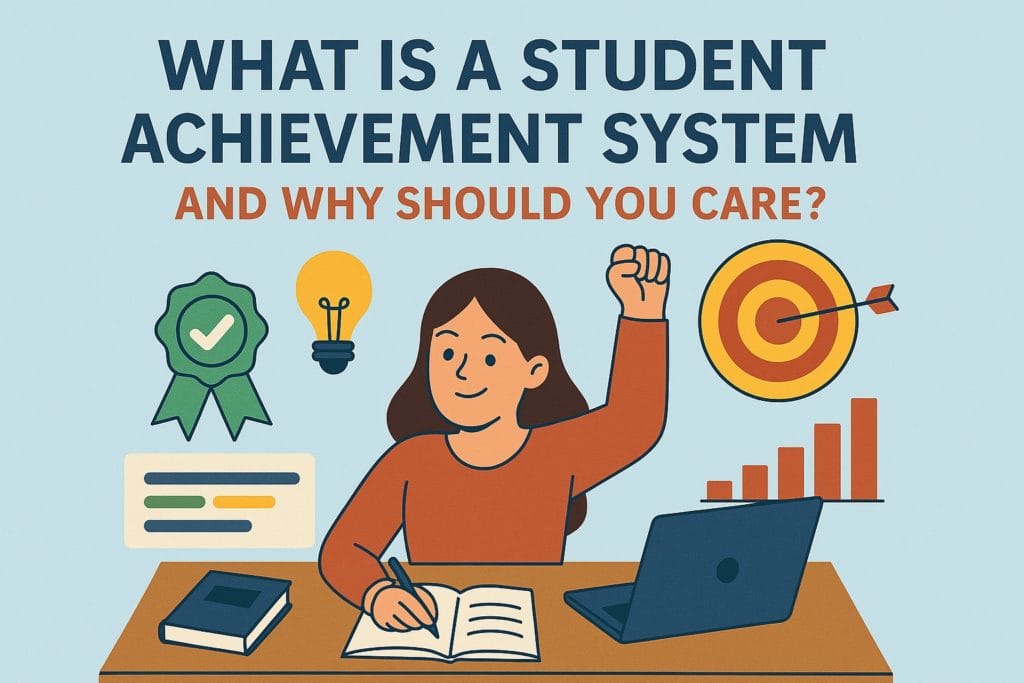
Exams are stressful without any doubt. Even if you study a lot and spend a lot of time preparing, you might feel a lot of pressure and anxiety. This post is for everyone who wants to cope with exam stress and ease their college life a little.
Stick to Your Schedule
There is nothing more effective for your productivity than creating a schedule that you can stick to while preparing for exams. This is the best way to make sure you don’t waste your time, but spend it on getting ready and revisiting all the materials and syllabi that you need in order to successfully pass your exams.
There are a few reasons why you need a schedule during the semester and especially when you have exams ahead:
- An opportunity to plan your study sessions
- Track your goals and planning steps to achieve them
- Making sure you are on time with assignment due dates
- Creating a balanced study routine
- Reducing stress because of having a steady and clear plan created
When you surely know how much time you need to get ready for another test, it doesn’t seem that frightful after all. Having all your exam dates listed also helps you avoid missing one or confusing the time when it starts. It eases your routine and makes it much less stressful to manage all the daily tasks.
Take Breaks and Rest
Sometimes we all find ourselves in the middle of chaos when we are running out of time and just need to work for hours in order to get everything done on time. But still, each one of us needs little breaks to make sure we can keep our productivity and brain activity high.
Cramming the night before sometimes is inevitable but can be managed with a few easy rules:
- Take short breaks every now and then. It’s up to you to decide when you need one and how long it should last. But at least a 10-minute break for every hour of studying is necessary.
- Use your breaks wisely. Don’t just scroll through your social media. Use this time to relax or get up and walk around to ease eye-strain and stretch your legs – just a few sit-ups or bends will help to regulate your blood circulation.
- Relaxation is the key. It doesn’t matter how many breaks you will take; they won’t help you until you learn how to relax and clear your thoughts. You might choose meditation or listening to a relaxing chill-out music, taking a bath, or spend some time on a relaxing hobby – do what really helps you calm down and reboot your brain.
Taking breaks in between and during your study sessions is crucial to make your productivity stay high all day. Don’t forget to include them in your daily study schedule. You should definitely find the time to spend with yourself, just chilling and having a rest after another study session. If you have this time planned beforehand, it’s much easier to avoid procrastination – as you know how long your break will last and when it starts. Knowing that helps you concentrate on your studies instead of just postponing the time when you need to get to work.
Sleep and Breathe
Having enough sleep during your preparation for exams is crucial. Your body needs the energy to make your brain focus on studies; sleeping and eating healthy meals are the key factors that help you stay organized and concentrated. Sleep reduces stress and allows your body to get ready for another session when you need to consume a lot of information
We know that sometimes it’s impossible to do everything on time, and every student faces the need to sacrifice a few hours of sleep at least one time through their study years. But creating a study schedule with fixed sleep hours might help you organize your day the best way.
Breathing exercises are also important if you want to reduce stress. There are multiple different techniques that you might want to try in order to find the one that is the most effective to you. For example, the one that is the most common is the following:
- Make sure you sit or lie comfortably.
- Take a deep and slow breath (through your nose) and count from 1 to 4. Make sure you take a breath with your belly, not your chest. You might need to put your hand just below the ribs to understand if you are doing it right.
- Hold your breath and count from 1 to 7.
- Breathe out, counting from 1 to 8.
- Repeat a few times.
There are also other breathing exercises, for example:
- Stand up.
- Bend forward a little from your waist, with your hands dangled and relaxed.
- Slightly bend your knees. Feel how the muscles on your back relax and stretch.
- Inhale slowly and start rolling up, getting back to the standing position. Make sure you don’t make any sharp moves.
- While standing, hold your breath for a few seconds.
- Exhale and return to step 2.
- Repeat several times.
Breath exercise is the easiest and one of the most powerful tactics to calm yourself and let your body relax, get the oxygen that it needs and help your blood circulation.
Eat Healthily
As it was said earlier, eating healthy meals is the best way to keep your body functioning during the period when you experience high stress levels. It’s hard to overestimate the importance of a balanced daily menu as it should provide your brain with all the needed healthy fats and elements to boost your brain activity.
What you should do when studying for your exams is to eat 3-4 meals a day with healthy snacks in between. Such snacks might consist of nuts or dark chocolate, fruits, vegetables, and smoothies. Even if you are living in a dorm and don’t have access to a fully staffed kitchen to cook yourself complex dishes, you still can enjoy healthy foods.
Here are a few examples of healthy meals that are affordable and easy to cook:
- Oatmeal with berries, nuts, or fruits
- Various salads with avocado/boiled eggs/tomatoes/chicken/tuna
- Toasts or sandwiches with peanut butter/cream cheese and salmon/fried egg
- Pasta with seafood/chicken breasts/sauce
- A potato baked in a microwave
These meal ideas above are just a few examples of how you can eat healthy every day without spending much time cooking. Look for easy recipes and make sure you don’t live solely on ramen or chips – these foods don’t provide you with vital elements, so needed during the days leading to your exams.
Ask for Help If You Need It
Sometimes, the only way to fight stress is to ask for help from your friends, family, or specialists. It’s always great when you have someone you can talk to about your problems. But you can also turn to your advisor or even professors – they will definitely try to help you out if you need some additional materials or would like to discuss a complex topic.
You can also turn to our team if you need assistance with your homework – we have great writers who can save your time when you need to get prepared for your exams.
Communication is one of the best things when it comes to stress. You should definitely try to find time in the schedule for casual meetings with your friends as it will cheer you up. Video calls are also a great option if you live far away from your close ones.
Another option is to find a study buddy or even a group. It will allow you to achieve two goals at the same time – get prepared for your exams and also socialize. Don’t miss this opportunity – your roommate or your groupmates might not be the ones with who you would definitely like to spend time, but there are plenty of other people on your campus or the ones who you can find online to make you company.
Keep Up with Your Ordinary Routine
When exams are coming closer, it’s hard to avoid studying all night long or change your everyday day so that to get fully prepared. However, it might be pretty stressful for you and your health. Instead, you should try to keep up with your everyday rituals, if you have any, for example, getting a coffee in the morning from the local coffee shop or going for a run before bed. When you don’t feel like you need to change your routine drastically, it’s much easier to survive through stressful periods of time like exams. If you don’t have any everyday rituals, you might find it helpful to eat the same meals as you are used to or talking to your friends at least a few times a week.
Changes are not always bad, but when you need to get prepared for finals, you got to eliminate as many stress factors as possible. So, make sure you live your life in the same rhythm and enjoy things that usually cheer you up a bit. Believe us, watching one episode of your favorite TV show will make your study session much more productive – don’t consider this simple joy as a waste of precious time.
 Karen Palmer
Karen Palmer


